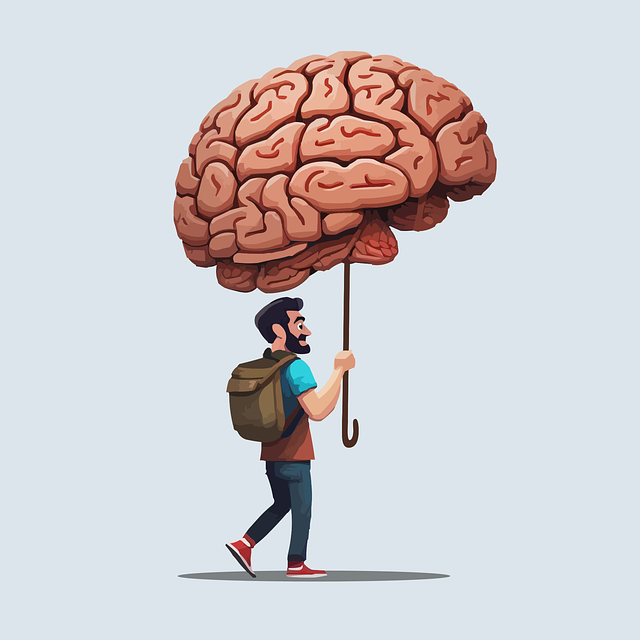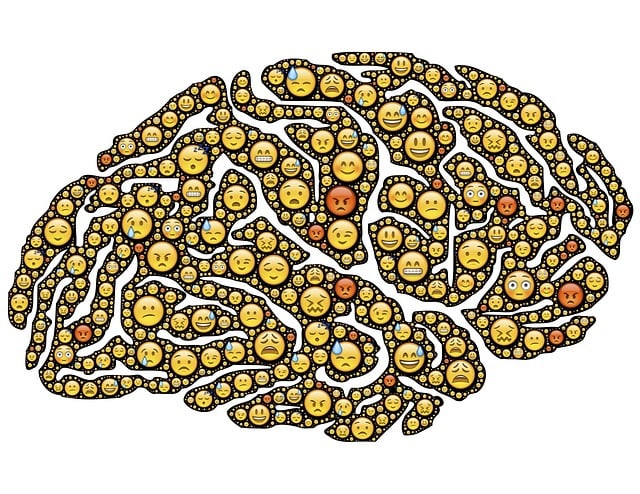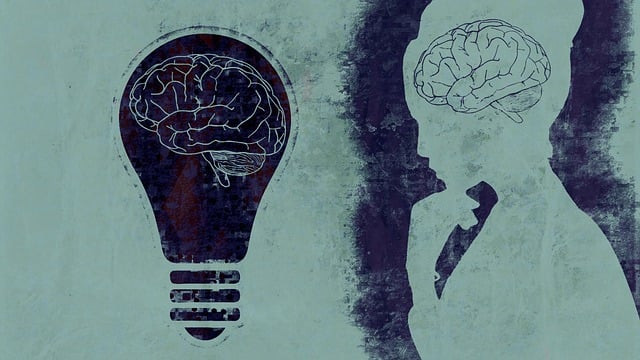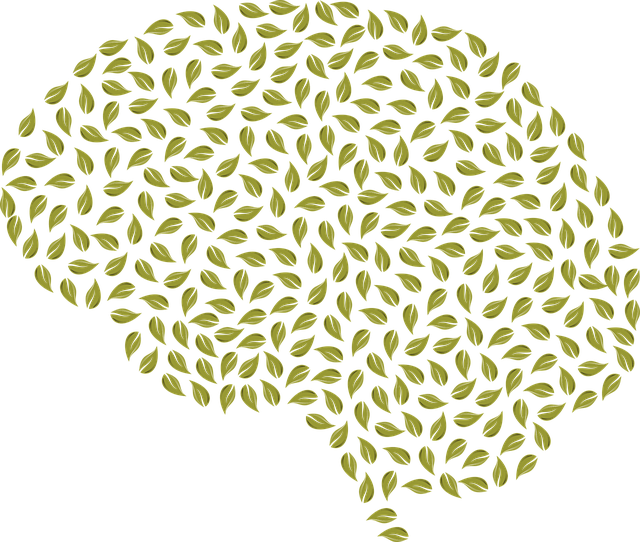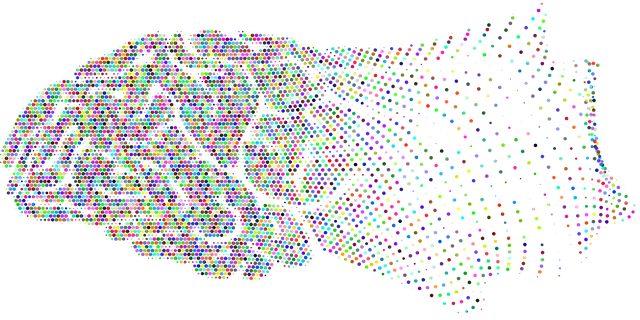Mindfulness meditation emerges as a promising therapy for managing Castle Rock Functional Neurological Disorder (CRFND), addressing cognitive impairments and sensory disturbances through present-moment awareness. Creating a peaceful environment and using tailored techniques like body scan meditation and mindful breathing exercises significantly improve symptoms. Integrating mindfulness into daily life through consistent practices fosters enhanced mental clarity, emotional regulation, stress management, and overall well-being, supported by organizations like the Stress Management Workshops Organization.
Unwind your mind and embrace tranquility with mindfulness meditation, a powerful tool for managing neurological disorders. This comprehensive guide offers practical steps to navigate Castle Rock Functional Neurological Disorder Therapy through mindful practices. Discover how preparing your space and understanding your mind can enhance each session. Learn diverse techniques to master mindfulness, integrating it seamlessly into daily life. Track your progress and witness the transformative effects on your overall well-being.
- Understanding Mindfulness Meditation for Neurological Disorders
- Preparing Your Mind and Space for Practice
- Techniques and Exercises for Effective Session
- Integrating Mindfulness into Daily Life and Tracking Progress
Understanding Mindfulness Meditation for Neurological Disorders

Mindfulness meditation has gained recognition as a powerful tool for managing neurological disorders, offering a unique approach to symptom relief and improved quality of life. This ancient practice focuses on cultivating present-moment awareness, enabling individuals to observe their thoughts and sensations without judgment. For those dealing with conditions like Castle Rock Functional Neurological Disorder (CRFND), mindfulness can be a game-changer. CRFND often presents with various symptoms, including cognitive impairments and sensory disturbances, making it challenging for sufferers to find effective coping strategies.
Meditation acts as a bridge, promoting self-care practices that are essential for managing these disorders. Public Awareness Campaigns Development and initiatives focused on Cultural Sensitivity in Mental Healthcare Practice play a vital role in normalizing mindfulness as a therapeutic tool. By learning to regulate attention and emotions, individuals with CRFND can enhance their overall well-being. Regular meditation practice allows them to navigate the labyrinthine symptoms, fostering resilience and a deeper connection with their minds and bodies.
Preparing Your Mind and Space for Practice

Creating a conducive environment is key to unlocking the full benefits of mindfulness meditation. Before beginning your practice, take a moment to quiet your mind and prepare your space. Turn off notifications on your devices to avoid distractions; create a calm atmosphere with soft lighting and minimal clutter. Consider using essential oils or soothing music to enhance relaxation.
Visualize yourself in a peaceful setting—a serene forest, a tranquil beach, or even your own mental sanctuary. This mental preparation helps train your focus and sets the tone for a successful session. Remember, Castle Rock Functional Neurological Disorder Therapy emphasizes the importance of self-care, and this practice is an integral part of it. By preparing both mind and space, you’re taking steps towards better mental health and well-being, which can also aid in conflict resolution techniques, social skills training, and crisis intervention guidance.
Techniques and Exercises for Effective Session

Effective mindfulness meditation sessions rely on specific techniques and exercises tailored to individual needs. For those managing a Castle Rock Functional Neurological Disorder (FND), engaging in regular practice can significantly improve symptoms by fostering mental clarity, emotional regulation, and bodily awareness. One powerful exercise is body scan meditation, encouraging individuals to focus their attention sequentially from head to toe, noticing sensations without judgment. This practice helps re-establish connection between mind and body, often disrupted in FND.
Additionally, mindful breathing exercises, such as diaphragmatic breathing or box breathing, can be incorporated into sessions. These techniques promote relaxation by slowing down the breath, reducing anxiety, and calming the nervous system. Incorporating these practices within a structured risk assessment and risk management planning framework for mental health professionals ensures that individuals receive safe, effective, and tailored support. Fostering self-care practices alongside meditation further strengthens the benefits, enabling practitioners to sustain their mindfulness journey over time.
Integrating Mindfulness into Daily Life and Tracking Progress

Integrating mindfulness into daily life is a transformative journey that begins with small, consistent steps. After establishing a regular meditation practice, individuals can begin to apply mindfulness techniques throughout their day-to-day activities. This may include practices such as mindful breathing during stressful situations, active listening in conversations, and being fully present while eating or walking. By weaving mindfulness into these everyday moments, individuals cultivate a deeper sense of awareness and calmness, which can significantly contribute to improved mood management and overall mental health.
Tracking progress is an essential aspect of this process, especially for those navigating conditions like Castle Rock Functional Neurological Disorder Therapy (CRFND). Regular reflection allows practitioners to identify patterns and understand the impact of mindfulness on their symptoms. This can involve keeping a meditation journal to record thoughts, feelings, and experiences during practice. Over time, individuals may notice improvements in stress management skills, heightened emotional regulation, and even better decision-making abilities. Moreover, participating in Stress Management Workshops Organization can provide additional tools and support for integrating mindfulness into daily routines, fostering resilience and enhancing mental health policy analysis and advocacy efforts on a broader scale.
Mindfulness meditation, as explored in this guide, offers a powerful tool for managing symptoms of neurological disorders, such as those supported by Castle Rock Functional Neurological Disorder Therapy. By creating a consistent practice, individuals can navigate their daily lives with increased awareness and presence. Through understanding the techniques, preparing your environment, and integrating mindfulness into routine activities, you can unlock profound benefits that enhance overall well-being. Remember, every small step towards a mindful approach contributes to a significant transformation over time.
